How can I increase progesterone naturally?
Progesterone is one of the major sex hormones that is essential for regulating the menstrual cycle and promoting a healthy a pregnancy. If we break up the word, it literally means just that – ‘pro’ meaning to promote, and ‘gesterone’ meaning gestation. As well as this, it is a calming hormone which converts to a neurosteroid called allopregnanolone which calms GABA receptors – this lowers feelings of stress and anxiety.
What Are Symptoms of Low Progesterone?
Low progesterone can cause anxiety, infertility, insomnia, irritability, low libido, PMS and irregular or absent periods, and could be associated with thyroid issues, autoimmunity, nutrient deficiency, PCOS, adenomyosis, anatomical issues and hormone disruptors used in everyday life, for example in plastics, cosmetics, detergents and pesticides.
Before continuing, it is important to distinguish the difference between synthetic progestin and progesterone. Progestins are used in drugs such as the oral contraceptive pill and hormone replacement therapy (HRT). These synthetic progestins are not the same as our body’s natural progesterone and they do not have the same beneficial effects. In fact contraceptive progestins have been linked with anxiety, depression and low mood.
So How Do I Improve my Progesterone Levels Naturally?
Good Fats
Sex hormones are made of a combination of fats, protein and cholesterol. If you don’t get enough of these components in your diet, then your sex hormone production will be compromised. It is important to focus on the right types of fats from natural sources. Unnatural and processed fats like trans fats from hydrogenated oils should be avoided with a barge pole. These are highly inflammatory and increase risk of disease. Instead focus on natural unsaturated (including monounsaturated and polyunsaturated) and saturated fats. Examples of saturated fats are butter, meat, cheese and coconut oil; and unsaturated fats are in oily fish, nuts, seeds, extra virgin olive oil, avocado and flaxseed. Try and go for 90% unsaturated fats, and 10% saturated.
Zinc Rich Foods
Zinc has an important role to play in regard to our reproductive system. Zinc increases the production of a hormone called follicle stimulating hormone (FSH) – this peaks midway through our cycle, triggering ovulation, and in turn leads to progesterone production. Zinc is found in huge amounts in oysters, however if you’re not that boujee that oysters are in your weekly meal plan, then you can also find great amounts in seeds like hemp, pumpkin, sunflower and sesame seeds. As well as in other seafood and beef.
Vitamin B6 Rich Foods
B6 is one of the vitamins that has been found to have most success when bringing up progesterone levels. Research has also been carried out in regard to miscarriages and has shown that miscarriage rate was lower in women who had higher B6 levels. B6 can be found in a variety of foods, including fish, meat and plant protein such as beans and chickpeas. Dark green leafy vegetables also provide a good amount.
Vitamin C
We all know that vitamin C is an antioxidant that can help ward of coughs and colds, but did you know that vitamin C can actually increase your progesterone levels by up to 77%. Seems like a no-brainer to me! Humans cannot make vitamin C in the body (like guinea pigs!) so we must make sure we are getting enough through food. These foods include most fruits and vegetables, especially kiwis, peppers, oranges, broccoli, and kale.
If you need personalised support to increase your progesterone, or support with any hormone related issues such as PCOS, infertility, painful periods or PMS book your free 20 minute nutritional consultation today.





